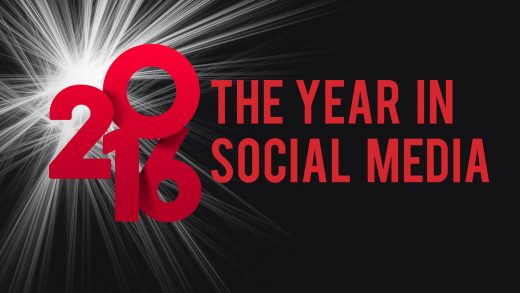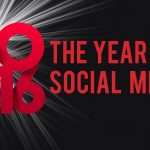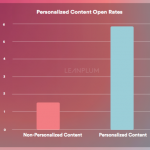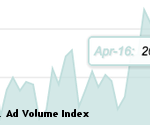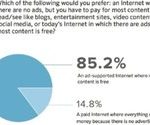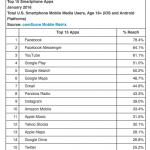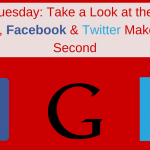2016: The Year in Social Media
From Facebook’s math mistakes to LinkedIn’s sale to Twitter’s failed sale to Snapchat’s rebrand, 2016 was a weird, unforgettable year.
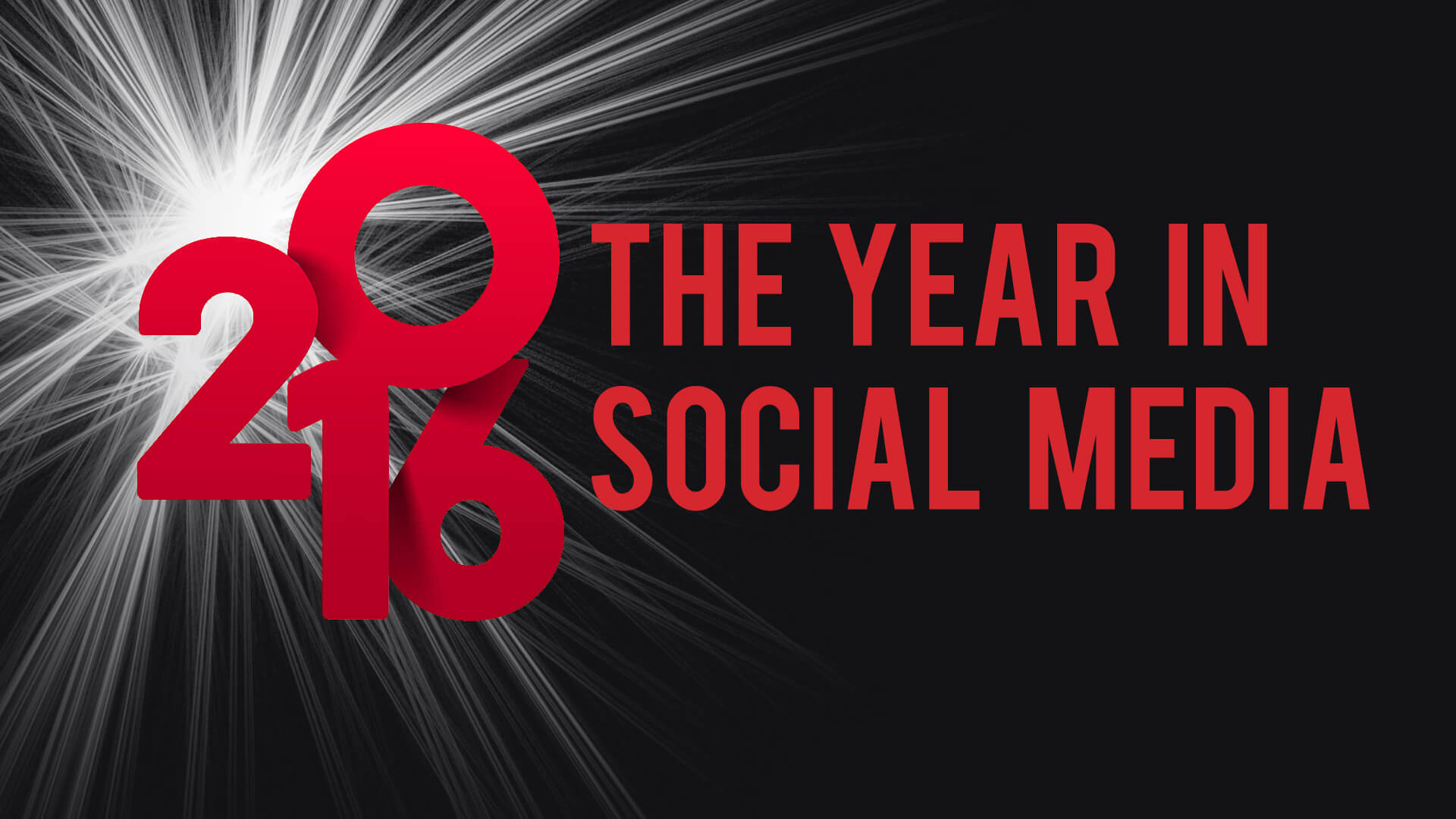
Oh, 2016. You were a year that may not be missed but cannot be forgotten.
You were the year that a social network famed for spreading news got flamed for spreading fake news. The year the same social network, that’s spent the past few years talking up its measurement capabilities, had to issue several mea culpas for math errors. The year the largest video network tried to become a social network as seemingly every social network tried to become a live video network. The year messaging apps matured. The year a rivalry between the next generation of social networks emerged. And the year one social network sold out while another failed to find a buyer.
2016, you were a weird, unforgettable year. Here’s what I’ll remember most.
The year of fake news
If on the internet no one knows you’re a dog, on Facebook no one knows if you’re lying. The social network got slammed for serving as a vessel for fake election news. How much that spread of falsehoods influenced the U.S. electorate is anyone’s guess; how much it has impacted Facebook’s reputation is less of a guess. After CEO Mark Zuckerberg tried to downplay the issue — claiming that a company, whose pitch to advertisers is its ability to influence customers, didn’t influence voters — and after a group of Facebook employees secretly assembled a task force to take it on, Facebook finally took action. It will have outside news organizations fact-check disputed stories and label them as such when warranted, as part of an effort to stop the spread.
The year Facebook messed up its math
At the start of 2016, Facebook was the kid in class you nicknamed “The Human Calculator.” By the end of 2016, Facebook was the kid in class who needed to borrow a calculator. First Facebook fessed up to incorrectly calculating videos’ average watch time. Then it messed up on several more measurements. Then a couple more. Then another. And now, will there be others next year?
The year of live video
Live video became a feature for social networks in 2015. In 2016 it became a business. Facebook started paying media companies and celebrities to produce live streams and inserting ads within some broadcasts. Twitter signed deals with the NFL, CBS, Bloomberg, Cheddar and others to air ad-supported TV-style and actual TV broadcasts on its service. And both Facebook and Twitter ramped up their efforts to get normal people to live-stream on their platforms, as did Instagram and YouTube, which further ramped up its rivalry with Facebook by rolling out YouTube Community.
The year Snapchat became Snap Inc.
At the same time as Snapchat unveiled a new toy, the company behind it showed it’s not toying around. Snapchat the company rebranded as Snap Inc., which makes Snapchat the app as well as a pair of sunglasses that can record video. But Snapchat matured beyond sprouting its own parent and sibling. The app signed its first deals with media companies for original programming, added more deals with media companies for Discover, sold its first major Super Bowl campaign, stepped up the production of Live Stories, shut down a low-quality way to watch those Live Stories and started up the ad-tech side of its business.
The year Instagram versus Snapchat started
A few years after Facebook tried to snap up Snapchat for $3 billion, Facebook has stepped up its efforts to smack it down. The social network has tried more than a dozen times to copy some of Snapchat’s features to dilute the app’s appeal, but to no avail. So this year it enlisted Instagram in the fight. In August Instagram copied one of Snapchat’s most popular features, Stories, and then rolled out its own version of Snapchat’s Live Stories. Since then the two apps volleyed back and forth, improving their respective versions to one-up each other.
The year LinkedIn was bought and Twitter was not
2016 didn’t start off great for LinkedIn or Twitter. LinkedIn had to lower its revenue expectations, which lowered its stock. And Twitter lost users, which lowered its stock. LinkedIn was eventually saved by selling to Microsoft for $26.2 billion. Twitter was for sale but couldn’t find a buyer, and while it’s started growing its audience again, it’s shed more top executives as well as Vine and is still trying to shed its harassment issues.
The year the chat bots invaded
We’ve been living with bots in our midst for years. Remember Clippy? But this year they joined us on Facebook Messenger. CNN has a Messenger bot to tell you the news. 1-800-Flowers has one to sell you flowers. Even Colonel Sanders has one. These bots are one way Facebook has tried to make Messenger more attractive to businesses in 2016, but not the only one. Messenger also started showing ads to help not only make marketers money but also Facebook.
Marketing Land – Internet Marketing News, Strategies & Tips
(19)

